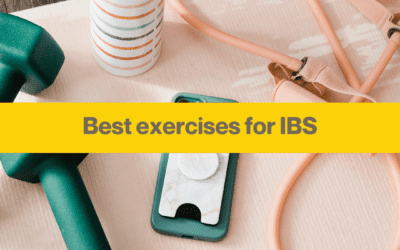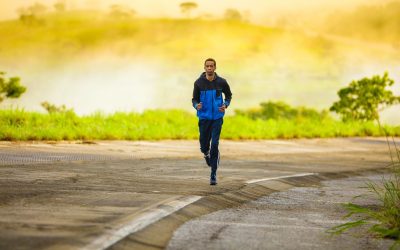You may have been told it’s best to eat little and often for health reasons. There are some specific cases where that might apply, but for many of us this advice is out of date.
Do small meals to keep up my metabolism?
Often I hear people saying they need to eat little and often to keep up their blood sugar balance, and if they don’t eat they feel terrible.
This used to be me – I was well known for being ‘hangry’ if I didn’t eat or if dinner was late I was not happy!
How to improve your blood sugar balance
You can balance your blood sugars by introducing more protein, and reducing the proportion of carbohydrates.
Energy from carbs, especially white bread, white pasta or biscuits quickly get used up, and don’t sustain us for as long.
For a healthy balance, aim to include:
- piece of protein the size of your palm at each meal,
- carbs the size of your fist and
- most of the plate vegetables
Snacking for weight loss?
You might have heard it’s better for weight loss to eat regularly. Eating lots of smaller meals will NOT burn more calories throughout the day.
Frequent meals may even increase the amount of unhealthy belly and liver fat. Fat around the middle is more associated with cardiovascular disease than any other kind of fat.
There is also more and more research now about intermittent fasting, and how giving ourselves a break from eating throughout the day can be beneficial for our health. One recent study has shown snacking between meals contributed to a fatty liver (hepatic steatosis) and weight gain.
Researchers showed that when people snacked in between meals compared to just increasing the amount of overall calories at mealtimes, the result was a worse outcome for their liver.
If you’re hungry between meals try increasing the amount of protein and fibre you eat at each meal. This will keep you fuller for longer.
Nutrient dense snacks
If you need to eat between meals (some people get headaches, feel wobbly, or just really hungry!) then choose something that will give you a nutrient boost rather than crisps or chocolate.
One small human study showed women with Type 2 Diabetes who were given high protein snacks actually lost weight over 4 weeks. Choose a snack with protein, some fats, and fibre like:
- Boiled egg
- Piece of chicken
- Sardines on wholegrain toast
- Nut butter on oat cakes
- Apple and handful of seeds
- Full fat yoghurt with stewed fruit
Snacks may increase overall calorie intake
It makes sense that if we eat more frequently, we’re more likely to eat more calories overall through the day.
In one study when people ate between meals, they rarely compensated at the next meal by eating less, which led consistently to an increased energy balance compared with those in the study who didn’t snack.
How can I change my diet to lose weight?
If you need some support with your diet get in touch to see how a nutritional therapy session could help you identify which foods work for you and which foods to avoid. Book your initial free 15 min consultation.

IBS Nutritionist
Hi, I'm Anna Mapson, registered Nutritional Therapist.
I help people with IBS and SIBO get control of unpredictable gut symptoms to find long term relief from painful and embarrassing IBS without restrictive dieting.
I can help you to:
- understand your digestion better, so you recognise your triggers
- eat a well balanced diet, with tasty meals that are simple to prepare
- reintroduce your trigger foods so you can get back to enjoying food again
Find more about my 3 month 1:1 Gut Reset programme.
Best and worst exercise for IBS sufferers
Fancy A Bit Of Avocardio? Getting regular exercise for IBS is one of the best ways to manage your symptoms. But not all exercises are going to benefit your gut... IBS symptoms can make exercise more challenging, so I’ve outlined the best and worst exercises for IBS to...
Running with IBS – helpful hacks for better exercise
If you have tried running with IBS you may find strenuous exercise can give you diarrhoea, cramps or stomach pains. For those who run long distances you may get caught short with no toilet near you. How does exercise affect IBS? If you have Irritable Bowel Syndrome...
IBS & Disordered Eating – Food Anxiety
Can elimination diets for IBS lead to disordered eating? If you're worried about how much you think about food and your digestion this article might help. Anxiety about food and IBS are very common in my clients, and after working with so many clients across the world...





